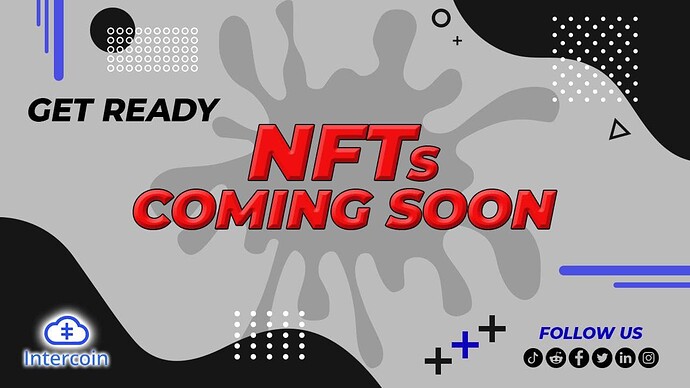And now, for a little update from our software development side. We have launched some quite innovative smart contracts for powering NFTs that are far more flexible than what is out there today.
As you can read on our GitHub regarding their features and purpose, our NFT smart contracts support all the following properties:
- Secure. No one can hack the prices and rules.
- Gasless. Mining fees are only paid when NFT is bought.
- Cheap. No need to check permits and signatures of meta-transactions.
- Series. Supports grouping NFTs into series, on the same contract.
- Flexible. Allows the NFT issuers to create all kinds of randomness and effects, even after selling it.
- Harmony. Integrates completely with our existing web based platform.
Available to All
Our NFT Factory contract is deployed on Ethereum MainNet, Polygon/Matic and Binance Smart Chain at the address 0x22222e0849704b754be0a372ffcdb9b22e4d7147
If you notice, there’s a little pattern here we’re starting to develop:
0x1111158f88410da5f92c7e34c01e7b8649bc0155 ITR token
0x22222e0849704b754be0a372ffcdb9b22e4d7147 NFT factory
...
The smart contract was also audited by Ubik Group (see the results here), which led to a particular improvement. Expect more third party audits coming later. For now, you should also read about our legal software agreement that accompanies the smart contract and its factory.
One part of what we’re trying to do is clean up the DeFi and NFT space where everyone is deploying their own custom smart contracts. It’s far simpler to trust one battle-tested factory to produce identical instances, that differ only in their parameters. That’s why people trust UniSwap liquidity pools, for instance, without having to worry that one of them has a “sleeper” line that will “rugpull” everyone one day.
This is a major step on the way to launching NFT Remix soon. Let it not be said that Intercoin is sitting still. It seems we’re always working and deploying.


